How a 100kg bag of cacao beans changed lives in two countries
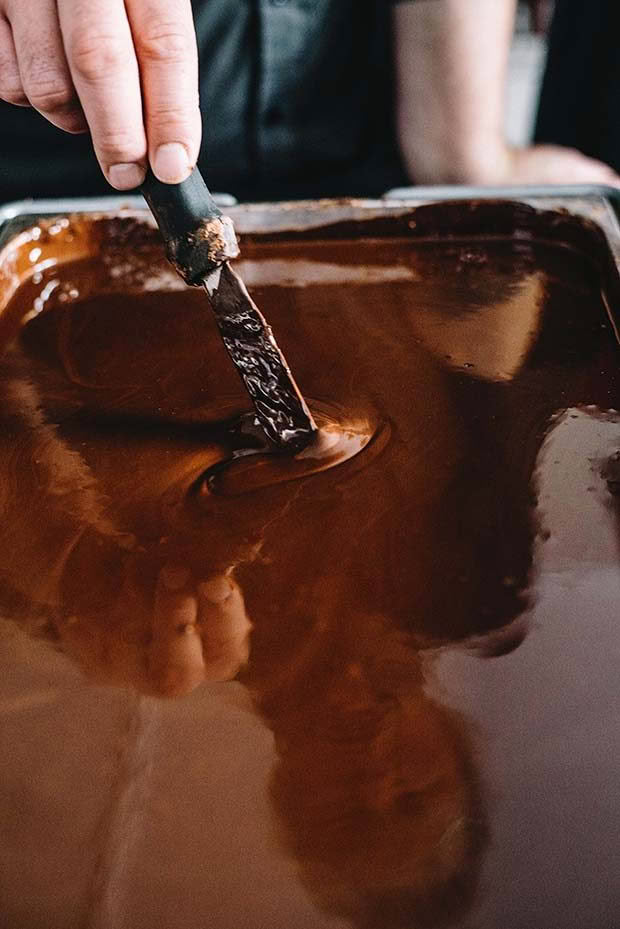
A Havelock North couple’s desire to support Pacific Island farmers has led to sweet business success.
Words: Ann Warnock Photos: Florence Charvin
How did a Samoan-born town planner who represented her country at netball become consumed by cacao beans? Some days Nia Belcher of Ola Pacifica muses over the conundrum. She gone from senior policy planner in her homeland to roaster, winnower, grader, grinder, moulder and wrapper of Ola Pacifica products at its pint-sized commercial premises in Havelock North.
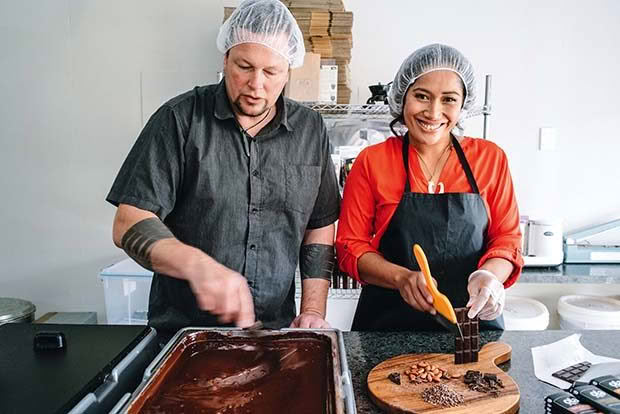
Nia and Phil Belcher.
But beyond Nia’s hand-crafting of super-food cacao products in a purpose-built galley kitchen looms a far greater picture framed by her Samoan heritage. Ola Pacifica’s business practice is propelled by Nia and husband Phil Belcher’s desire to support families and villages on the island of Savai’i – where Nia’s mother was born – and neighbouring Upolu by sourcing premium Samoan cacao beans from local plantations.
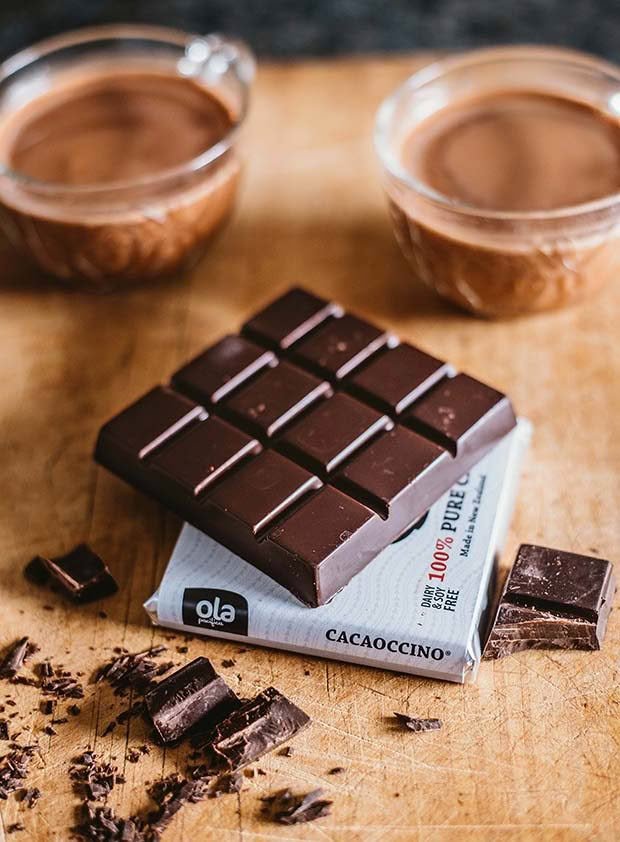
These days Nia is project managing a growing Ola Pacifica enterprise, which sources raw product from more than 30 Samoan farmers. “We’re very proud to be making a difference. It’s putting food on the table, helping with kids’ education, helping care for the elderly. The Samoan way of life is very different to New Zealand – it revolves around helping others, resourcefulness and sustainability. Trust and loyalty is how we trade in Samoa and I feel a great sense of responsibility,” says Nia.
Ola Pacifica’s cacao-bean growers are far removed from the politically hued platform of commercial operations. Its contractors – many relatives and family friends – grow the leafy cacao plants in back-garden plantations alongside tropical fruit trees and sugar canes in Savai’i and Upolu’s rich volcanic soils.
“The plantations are largely permaculture in nature as handed down by oral traditions and cultural practices. Harvesting, fermentation and drying are handled with the greatest care.”
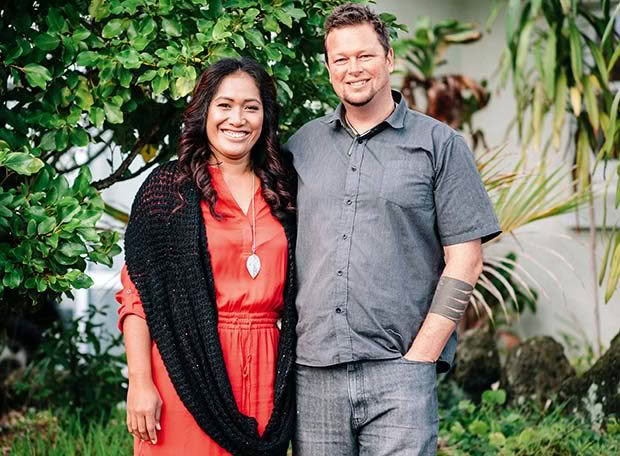
“We feel that we are contributing to sustainability in the Pacific and it makes us feel proud that world-class cacao is being produced by my people,” says Nia.
Ola Pacifica uses a direct-trade system with its suppliers. Payment for product goes straight to its grower with no ticket clipping. It also operates an incentive-based reward programme.
“We pay well over the world Fair Trade price – unfortunately Fair Trade is dominated by the big companies. We know we are buying fresh, world-class cacao beans. They are spray-free and organically grown.”
Spearheading an ethically principled artisan chocolate company is a far removed from Nia’s childhood in the village of Moata’a near Apia. “Our plantation was our playground. We picked the cacao pods and ate the sweet pulp before the beans were roasted on a hot plate and ground into koko paste. We grew up drinking koko. It’s the Samoan hot-chocolate drink – koko paste mixed with boiling water. It’s gritty rather than smooth.”
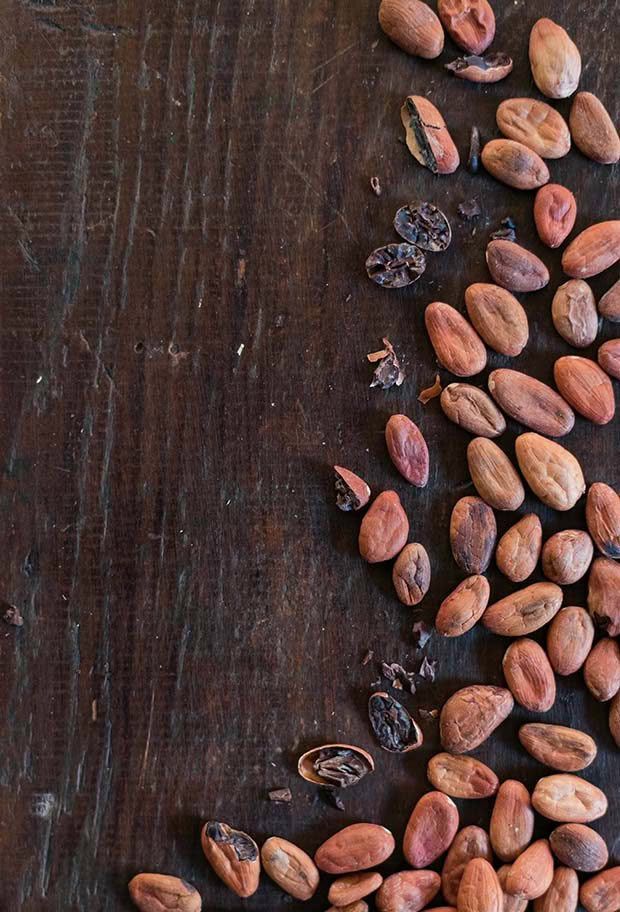
She lived with her elders, four younger siblings and other relatives in a cluster of three large houses on family land. “It was traditional and simple. There was no television, Sunday was a day for church only, and my parents had high expectations and were strict.”
Inquisitive about the world beyond Samoa she threw herself into netball as a vehicle for adventure. In her mid-teens she won a prestigious scholarship to the Australian Institute of Sport in Canberra. Aged 17 she represented Samoa in the 1991 Netball World Cup in Sydney.
Armed with determination and self-discipline she gained a Bachelor of Planning at the University of Auckland. Along the way she met geology student, Phil Belcher. The couple married and moved to Samoa, where Nia worked in environmental urban planning and Phil immersed himself in village-based environmental projects.
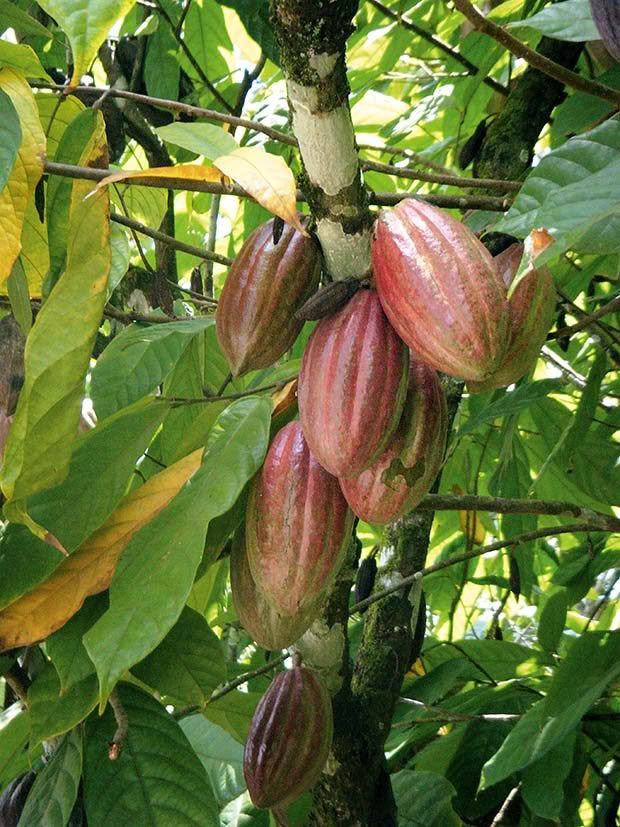
Fourteen years ago a holiday visit to Phil’s family in Waimārama, Hawke’s Bay morphed into a permanent stop-off, the pursuit of careers (Phil is a teacher and an acclaimed carver in the traditional Māori medium) and a family of four sons. Then in 2010 a request from Nia’s father to find a market for cacao beans grown by families in Nia’s mother’s village flipped the lid on their lives.
“It started with a 100 kilo bag of beans. I researched and I knew these were beautiful beans. Pure in every way. Cacao is a wholefood – it’s so nutrient dense. It actually enhances life. You can buy cheap beans from Africa or Peru, but what is the grower getting?”
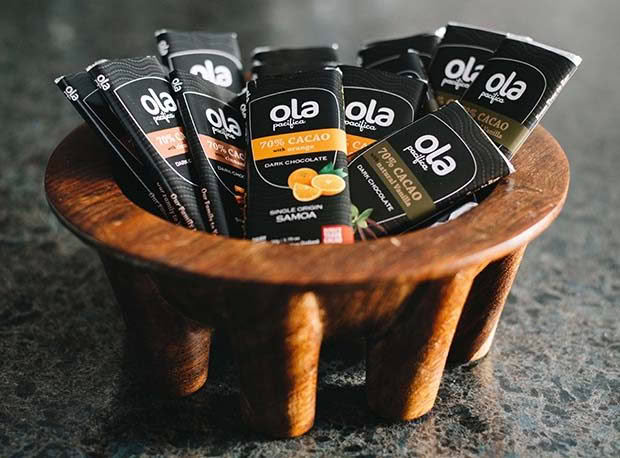
With the support of Chantal Organics Wholesalers, Nia and Phil moved quickly from distributing raw and roasted cacao beans and nibs to the development of “a whole bean to bar” chocolate with no additional cocoa butter. “I looked at the calculated risk while Phil believed in me.” Ola Pacifica’s cinnamon, orange and natural vanilla bars are 70 per cent cacao and its Cacaoccino drinking chocolate is sugar-free pure cacao.
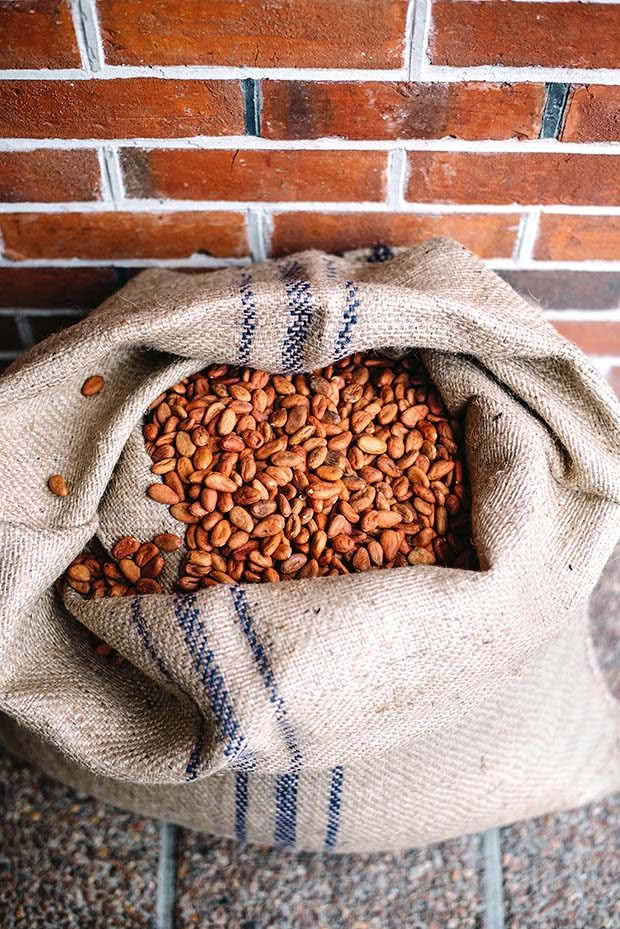
Nia says there have been plenty of “wow” moments – including the recent case of a top British department store eager to stock Ola Pacifica but fearful it would reveal the inferior quality of its existing chocolate range. “We actually started Ola Pacifica out of love for sustainable living. Love for our family, for our growers and for our customers. So many people say to us, ‘thank you’. It’s quite amazing.” olapacifica.com
A TASTE OF CHOCOLATE
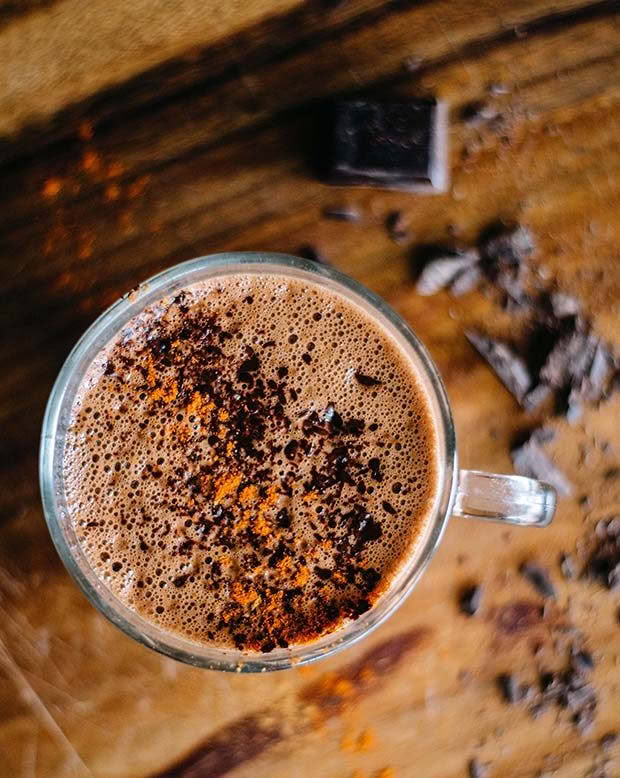
- A cacao bean is a seed in a cacao pod. It has a slightly bitter taste, it’s naturally sugar-free and rich in nutrition.
- Cacao nibs are peeled and crushed beans – similar to unsweetened chocolate chips.
- Beans and nibs can be used in both sweet and savoury cooking.
- Samoan cacao beans are revered for rich deep tones and lack of astringency.
- Ola Pacifica products are dairy-free, soy-free, vegan and gluten-free. Processing is minimal with no fillers.
- Ola Pacifica was the first chocolate company in New Zealand to make 100 per cent pure single-origin drinking chocolate.
- Its products are sold in more than 50 food stores and online. A growing number of cafés stock its Cacaoccino drinking chocolate.
- “Cafés now want to serve whole-bean chocolate drinks, not powdered chocolate or cocoa-flavoured syrup,” says Nia.
- Ola Pacifica hand-crafts about 1000 chocolate bars each week.
- Ola is the Samoan word for life, growth and longevity.
- In Samoa, offering a koko drink to visitors entering the home is part of tradition.
READ MORE: Recipe Cacao nib bliss balls
Love this story? Subscribe now!
 This article first appeared in NZ Life & Leisure Magazine.
This article first appeared in NZ Life & Leisure Magazine.
